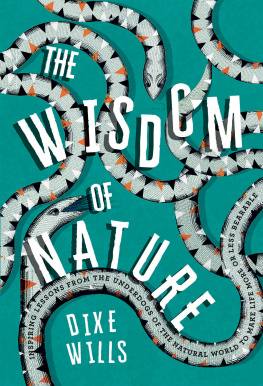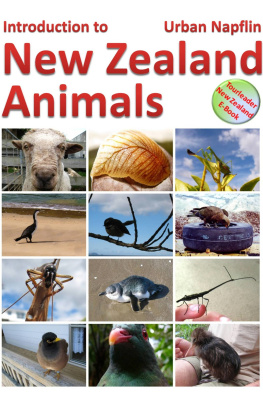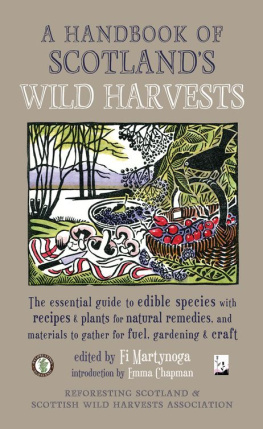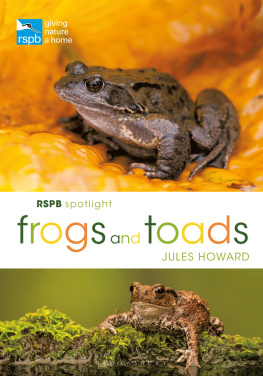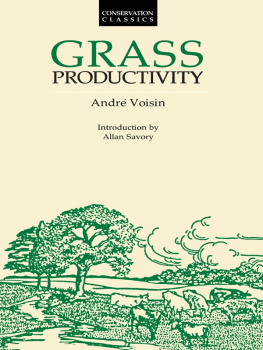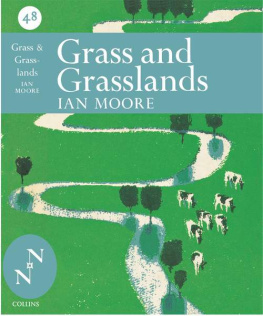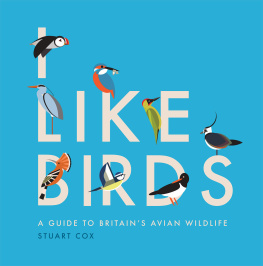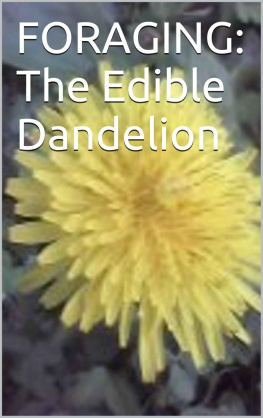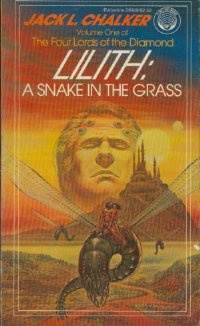
If only Mother Nature could speak some Human language, we sigh. Just think how much wisdom she could impart to us.
This is true, of course. And if there were someone called Mother Nature, she would no doubt be desperate to pick up one of our languages (Im guessing one of those with a lot of clicking might appeal to her) or for us to learn hers.
That is not to say that Humans have not made extensive efforts over the years to make out what she might actually be communicating to us. Take the Doctrine of Signatures. This was an attempt to wheedle out the secret messages sent to us via plant life by a Creator God. It was largely based on the supposed similarities between certain aspects of plants and parts of the Human body, and the belief that the properties of the plant were linked in some healing way with the things they resembled. Thus the brain-like Walnut was thought to be good for curing cerebral disorders.
Remarkably, it did actually work in one or two cases. The Foxglove bears obviously heart-shaped fruit, which, according to the precepts of the Doctrine of Signatures, made it effective in the treatment of coronary complaints. Curiously, that proved to be exactly the case: Foxgloves were the original source of digitalis (now synthetically produced), a drug that stimulates the heart muscle.
Turning the concept around by 180, Victorian Humans, who were an odd lot, thought it a lot of fun to make Flora speak a language foisted upon them. They gave meanings to scores of flowers and plants and produced dictionaries setting them all out. The Language of Flowers was a convoluted affair, but those who took the trouble to learn it could send complicated and sometimes nuanced messages to their loved ones, ex-loved ones, and sworn enemies simply by sending them a bouquet of flowers or a plant.
A pink Carnation, for example, signified a womans love. Woe betide you if you received yellow ones though, because these expressed disdain. The whole gamut of emotions, intentions and frosty reproaches could be unleashed in non-verbal form: love (Rose), hatred (Basil), revenge (Birdsfoot Trefoil), coldheartedness (Lettuce), stupidity (Horseshoe-leaf Geranium) and even ill-timed wit (Sorrel). Some flowers conveyed whole sentences. Send someone a Chilean Bellflower, for example (weve all done it at some point), and you were putting across the idea that, There is no unalloyed good, which is certainly one to get the heart thumping. A Clarkia, on the other hand, let the recipient know that, The variety of your conversation delights me. Sadly, there does not appear to be a flower that meant, Dont patronise me, you pea-brained clown.
The Doctrine of Signatures is clearly all rot (the flukey Foxgloves notwithstanding) and the Language of Flowers says a lot about the astonishing level of sexual repression prevalent in Victorian society but very little else. Its just as well, therefore, that at least there is one book (this one) that explains the gobbets of wisdom that Mother Nature is trying to communicate if only we could take them in. And because shes
that we either detest, denigrate, or merely disregard.
Take the show us a fine example of how to get on in life.
Its my hope that, with this book in your hand, youll be inspired by the underdogs of the natural world and, from them, discover wisdom that will make your life more or less bearable. If it doesnt, try Walnuts they really do look very much like brains, dont they?
DIXE WILLS
2019
This six-legged insect with its long antennae and rolled-up-newspaper-defying exoskeleton is an object of almost universal disgust. Its a sure sign that you need to overthrow your own government when its leaders start labelling as Cockroaches some group or other that is supposedly responsible for all the ills of the nation. Its no wonder, then, that this ubiquitous member of the order Blattodea positively welcomes the onset of a global nuclear holocaust, safe in the knowledge that it will be one of the few life forms to survive the ensuing hugger-mugger. Furthermore, Cockroaches have been around for at least 320 million years, can survive by eating the glue off the back of postage stamps, have been known to live for several hours after decapitation, and have given birth in space feats that have thus far proved beyond the capacity of so-called Homo sapiens. And to cap it all, each Cockroach has eighteen knees. Take that, feeble duo-kneed Humans.
NATURES LESSON
Play the long game. Cockroaches may be the underdog right now but they dont lose their heads over it. And even if they do lose their heads, they still dont let it cramp their style unduly. Thus, if anyone calls you a Cockroach, wear the insult with pride.

When, for hundreds of years, your species primary cause of death is being torn apart by packs of Dogs for the amusement of the lowest form of Human life, its all too easy to become depressed. However, forced from his rural setting to seek safety in towns and cities, the Fox had a pleasant surprise. Not only did the urban dwellers show no interest in chasing after him, but they left out food each night. This was contained in large receptacles topped with loose-fitting lids or in easy-rip, Fox-friendly bags specially designed for oral opening and being dragged about a bit. An unwritten law forbidding the depositing of such bags without first filling them with the carcass of at least one Chicken and the remains of various take-aways has given rise to the artistic school known as Vulpine Expressionism. The Expressionist Fox spurns traditional notions of the aesthetic, dispersing chicken bones and the residuum of pizzas in wide arcs and irregular lines on thoroughfares, gardens and unwary Cats. Like all great art movements, it is misunderstood.
NATURES LESSON
If you are forced to flee persecution, take heart: your traumatic experiences will form the fertile soil in which your creativity will flourish.

Homeless Snail, tube of slime, ectoplasm made flesh if ever there were a creature in need of a top-flight PR agency it is the Slug. And yet these put-upon creatures are more like Humans than we might care to imagine: not only do they have a lung and kidneys but, like most Humans, a heart too. Despite this, for many centuries, these semi-humanoids were swallowed whole as a remedy for a wide range of ailments such as toothache, warts and tuberculosis. Nowadays the Slugs fate, all too often, is a more prosaic rubbing out at the hands of some unfeeling gardener. If theyre lucky, this entails being split in twain by a well-aimed spade or poisoned like some hapless victim in an Agatha Christie novel. But more terrible by far is death by salt the napalm of the Slug world for this process draws out all the moisture from within the poor beast, literally desiccating it alive. No one wants that.

